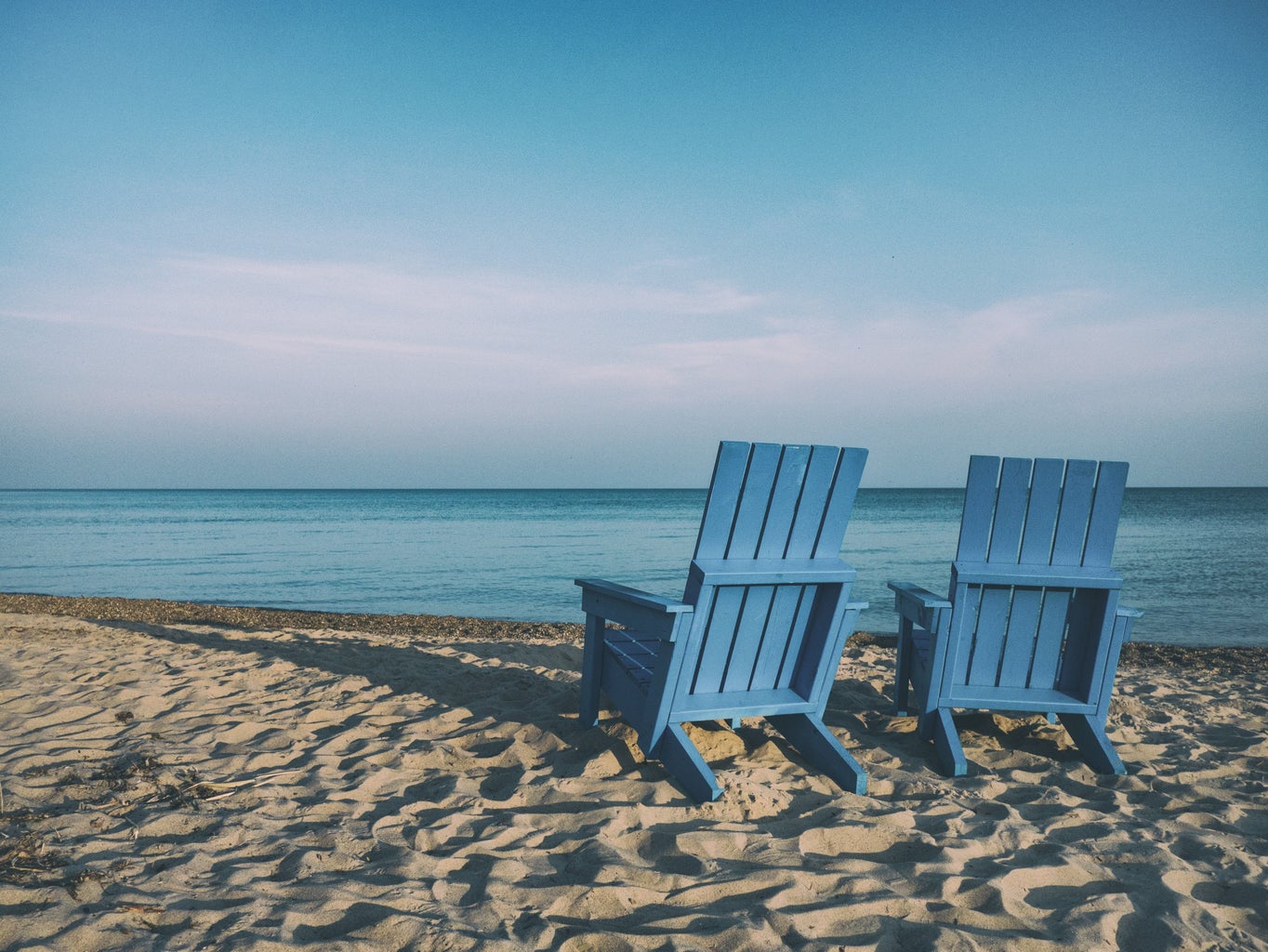In August, I flew across the country to Boston, took a ferry to the Massachusetts cape, and landed in Provincetown to vacation. Provincetown is a city of the summer. It requires warm weather, time to spend, time to waste, time to relax, and party. Papery pink hibiscuses bloom on every corner. The harbor, with its deep blue water, is dotted with white boats bobbing from side to side. I imagine in the winter, the residents go into hibernation.

Upon departing the ferry, I immediately felt wrapped up in the energy of Provincetown. The town’s tourist lifeforce is one road—Commercial Street. It runs parallel to the water, the inner curve of the cape; bustling with people like schools of fish moving up and down Commercial at all times. Walking down the street, I constantly entered and exited zones of noise: street performers playing live jazz, queens dancing to Britney Spears at drag brunches, music coming out of storefronts, calling for lively tourists to come inside. It’s almost like Disneyland; the entire street is a performance. Provincetown is undoubtedly a gay social hub, and pride flags line the streets, strung between buildings. The buildings themselves are much more anachronistic—colonial style, with horizontal wooden paneling and quaint shutters; picturesque houses with triangular gables and warm yellow lights shining through the windows at night.
In contrast to the movement and noise of Commercial Street, the landscape is remarkably peaceful. I frequently walked along the coast, away from the city center, and down to the bay to hunt for oyster shells or just relax by the lapping water. I was struck by the calmness. The water was clear, and it seemed like you could just cut through the gentle ripples like gelatin. When the sun hit the water at the right angle, it was as though the water was actually shimmering. Although the water is adjacent to the commotion of Commercial Street, it feels far removed. Pathways to sandy beaches are often, creating distance from the roadways, are often lined by long grasses, giving it an other-worldly feel. I grew up on the California coast, so I’m no stranger to the beauty of the beach; here in Provincetown, though, there was a sense of isolation and almost fantasy.
My goal during my stay in Provincetown was to relax. I spent a bit of time reading, under an umbrella on the wooden deck of my hotel. One afternoon, while making my way through Slaughterhouse-Five, I was overcome with a sense of what I would almost call ennui. Not quite boredom or listlessness, but a sense of not having anything to do. I was sitting on the deck in the heat, trying to read but with nothing compelling me to focus on the pages in front of me. Suddenly, I was a Joan Didion character, or maybe Joan Didion herself, on vacation with nothing to do. Or rather, nothing I needed to do. I welcomed this. I had the freedom to sit on a deck and very slowly read Kurt Vonnegut and not do anything else. I think the sense of isolation from the rest of the world that is so tangible in Provincetown brings on this feeling. Everyone is moving, rapidly, around you, but time stands still.



